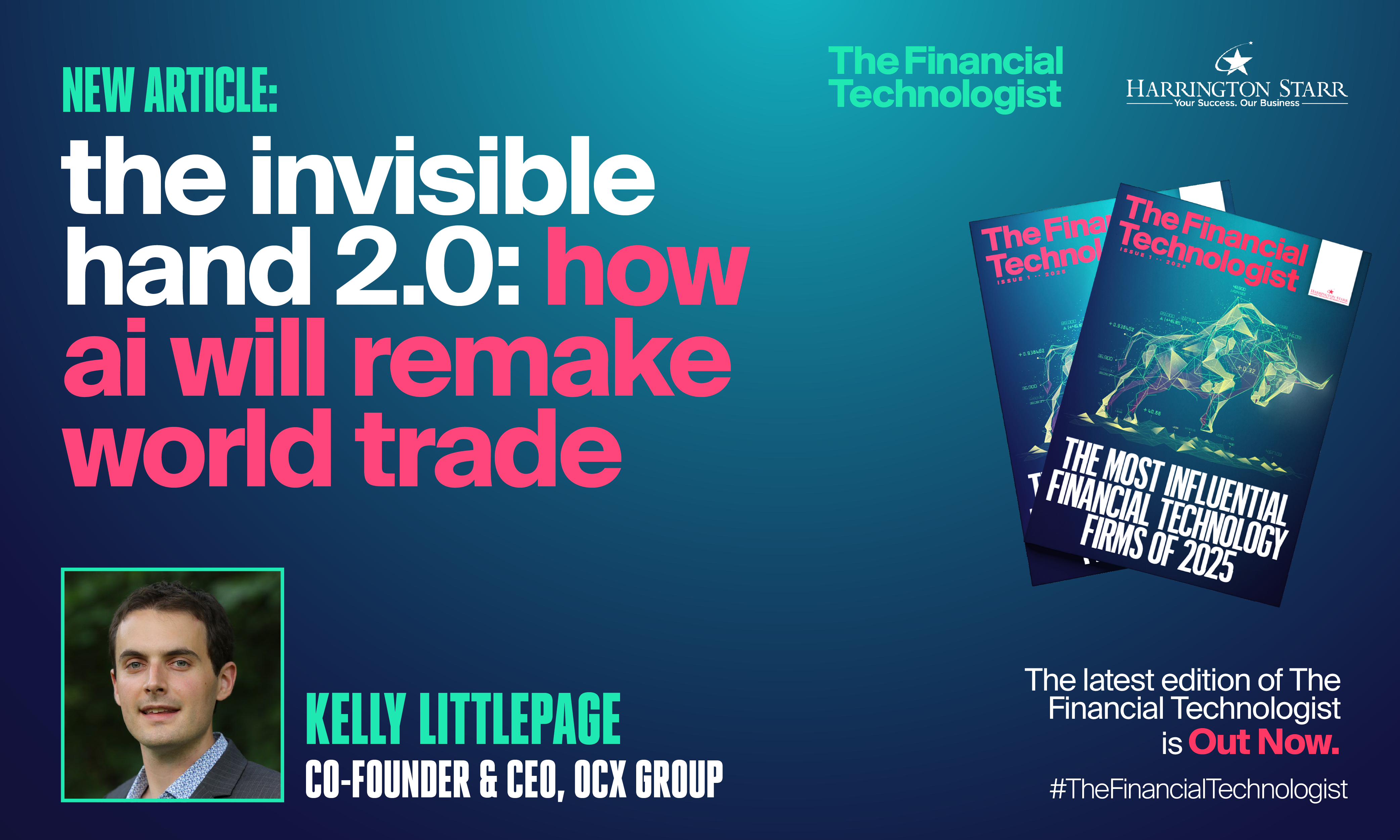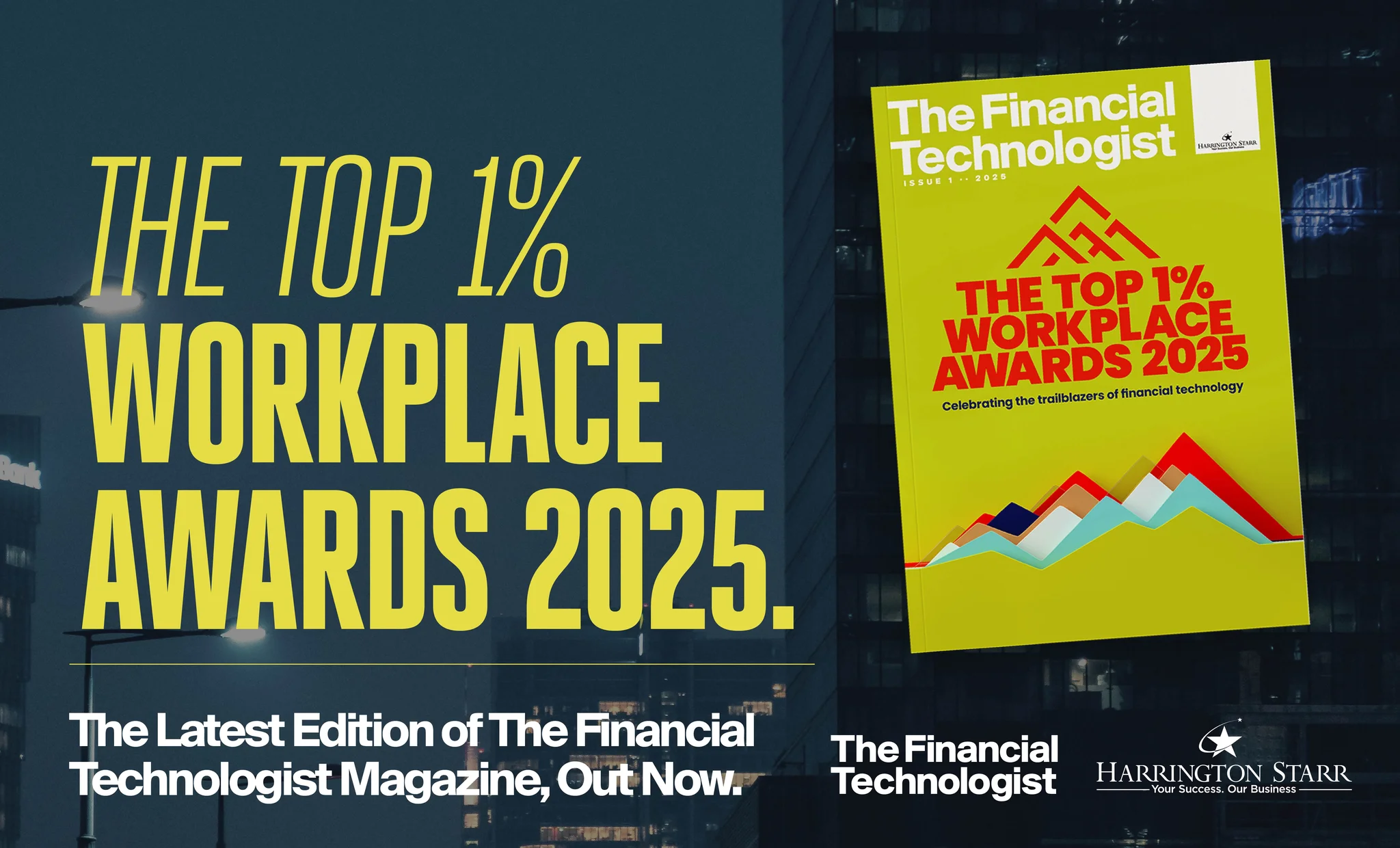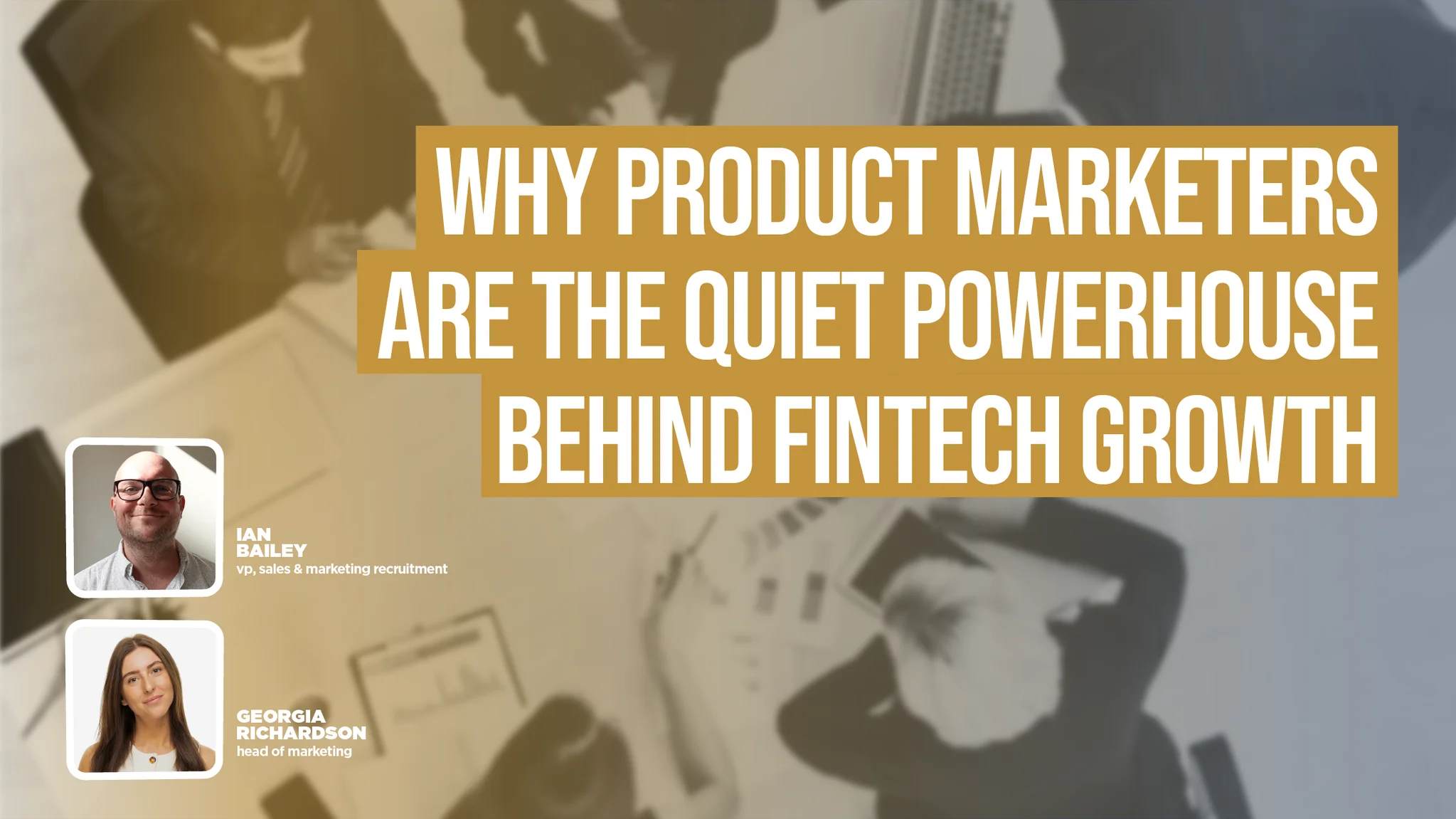Download your free copy of the latest Financial Technologist magazine here.
Deepseeks’s launch of its R1 model is a reminder of how quickly AI advancements can happen – and yet how far we still have to go. While a chatbot that can reason is impressive – as are other innovations that generate creative content and optimise business operations – those in many ways are superficial advances that fail to address the underlying inefficiencies of the way our economy operates. That’s about to change.
Advances in machine learning over the past eight years are poised to transform how global markets run, upending the most basic tenet of our economy: the way we exchange goods and services. This transformation – with AI agents facilitating commerce and unlocking massive efficiencies – will finally bring about the revolution that proponents of AI hope for. This isn't theoretical – at OneChronos we’re already putting this into practice, we use ‘smart’ auctions that enables participants to place bids on a combination of items - rather than individual items in double auctions - capturing better synergies.
AlphaGo Marketplaces
It’s no exaggeration to say that this change will free us from the limitations the world has experienced since prehistoric times, when bartering underpinned the economy. While humankind certainly has advanced beyond that system – moving to record keeping in agricultural societies to banking in medieval times, with the advent of cash making transactions faster and easier – we're held back by the need for sellers and buyers to find each other at the same time and place for the same good.
Those one-to-one trades harken to the physical limitations of swapping eggs for milk in a marketplace, and now even the most sophisticated capital markets match bids of a single asset at a time. Just like sellers in a marketplace of old, we’re still constrained by place and time, which is incredibly inefficient to scale.
The emergence of AlphaGo in 2016 offered hope that global marketplaces could evolve past one-to-one trades and scale. DeepMind’s AI program leveraged sophisticated computation to prioritise the best series of moves among an incomprehensible number of choices in the game of Go, pushing the world beyond the constraints of the human mind. That opened the door to a new type of market system, where participants could trade a vast combination of items – rather than individual goods and services – which better captures the value of synergies between assets, and more accurately fits the needs of a modern society. AI here can achieve what humans cannot, finding the best options of trades among a myriad of alternatives.
Skyscraper Economics
Consider for example the economics of building a skyscraper. In a traditional marketplace, the developer bids and barters separately for each of the thousands of items they need – different types of wood, steel, concrete, glass and fixtures, just to name a few – missing out on logistical efficiencies, and dealing with higher costs if unable to secure the materials at the same time. AI agents would enable developers and suppliers to coordinate complex transactions that unlock efficiencies for all parties.
And while some of these types of complex marketplaces already exist, they’re nearly absent in the financial world, and among other critical areas of the economy. That’s because those transactions can prove extremely difficult to carry out in high-stakes markets, where trillions of dollars exchange hands, and every millisecond can count.
AI offers the solution. Here, AI agents serve as the invisible hand of the economy by matching the best trades among billions of different options in a direct, frictionless exchange of goods and services. These agents could directly swap assets across borders and industries – think alumina and electricity for aluminum – while unlocking synergies and efficiencies, without the need for currency conversion.
New Era
Imagine the world’s top shipping companies and the biggest warehouses plugging into a network where AI agents are autonomously routing containers and trucks, as well as buying short-term warehouse space at the cheapest price on the most convenient route. Everything from weather patterns to traffic and market movements could play into the agents deciding when to move the most goods and store them for pickup later at the cheapest price. Now imagine this scenario for power companies, food producers purchasing raw materials – the list goes on.
The integration of AI agents into market systems won't just optimise existing processes – it will reshape how we conceive of trade itself. From instantaneous multi-asset exchanges to the creation of new marketplaces, AI will unlock economic potential on an unprecedented scale. This isn't just about efficiency; it's about reimagining the very fabric of our economic interactions. As we embrace this AI-driven future, we must prepare for a world where traditional barriers to trade dissolve, and the full power of global interconnectedness comes to life. The revolution is here, and it's not in our chatbots – it's in the invisible algorithms that will power the global economy.
By Kelly Littlepage, Founder and CEO of OneChronos
Download your free copy of the latest Financial Technologist magazine here.







